Sleep Disorders
Sleep helps the brain function properly by resetting it each time you sleep. As a consequence, not getting enough good quality sleep can have serious health effects. Simply put, if your brain doesn’t undergo reset on a regular basis, it risks overheating. As an example, brain-overheating due to lack of sleep can lead to fatigue, decreased energy, irritability, and problems focusing. Which in turn over time, can lead to a chronic sleep disorder. Sleep disorders often lead to serious chronic health problems, resulting in mental and physical stress. Consequently, affecting your everyday life and the wellbeing of people around you. As stated by sleep experts – suffering from a sleep disorder means having problems with quality, timing, and quantity of sleep. The most common sleep disorders are narcolepsy, obstructive sleep apnea, restless legs syndrome, and insomnia. Above all, insomnia is the one affecting most people.

Sleeping Out of Sync: What You Need to Know About DSPD
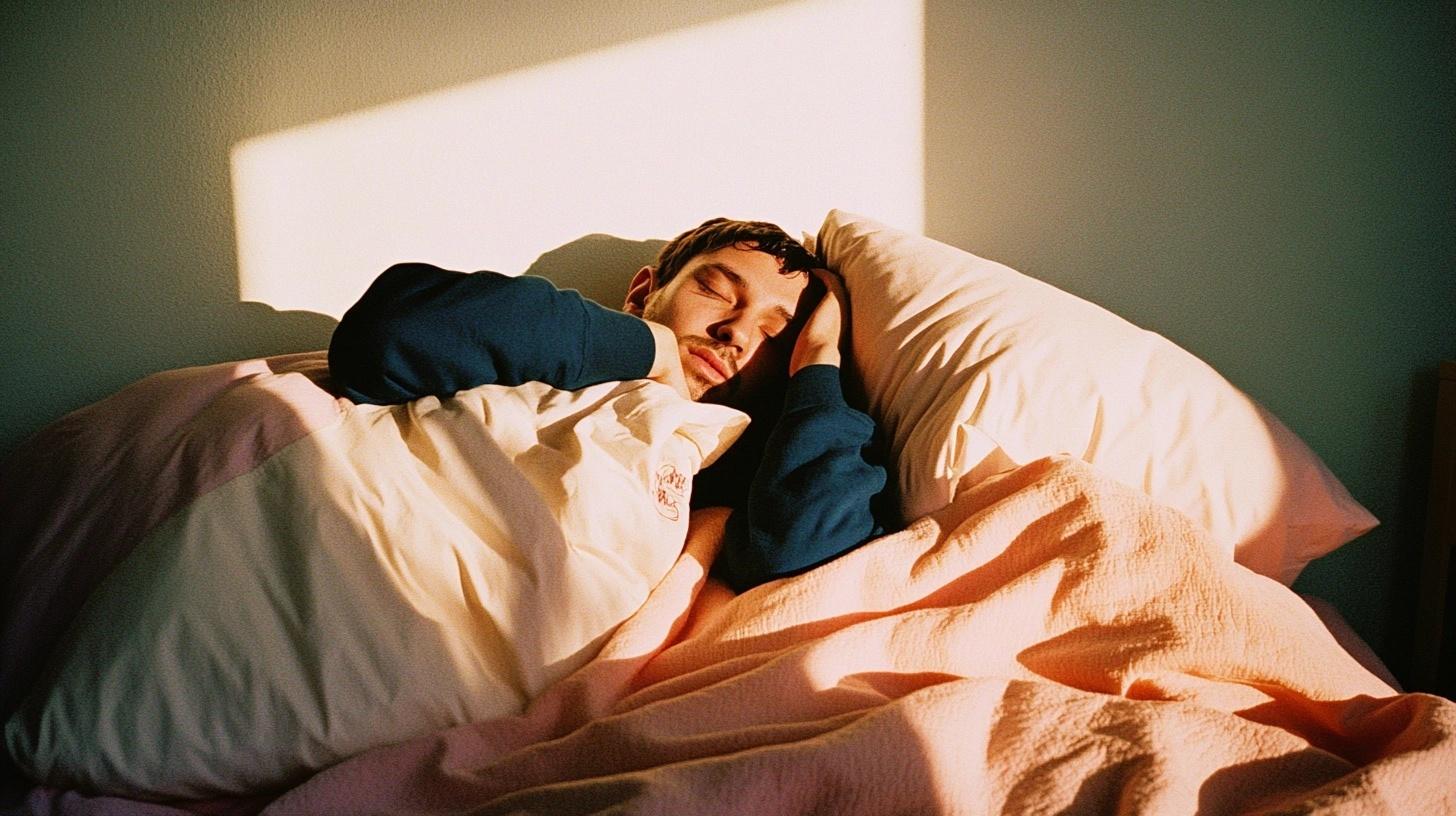
Why do I get a headache after a nap? 8 reasons and remedies explained
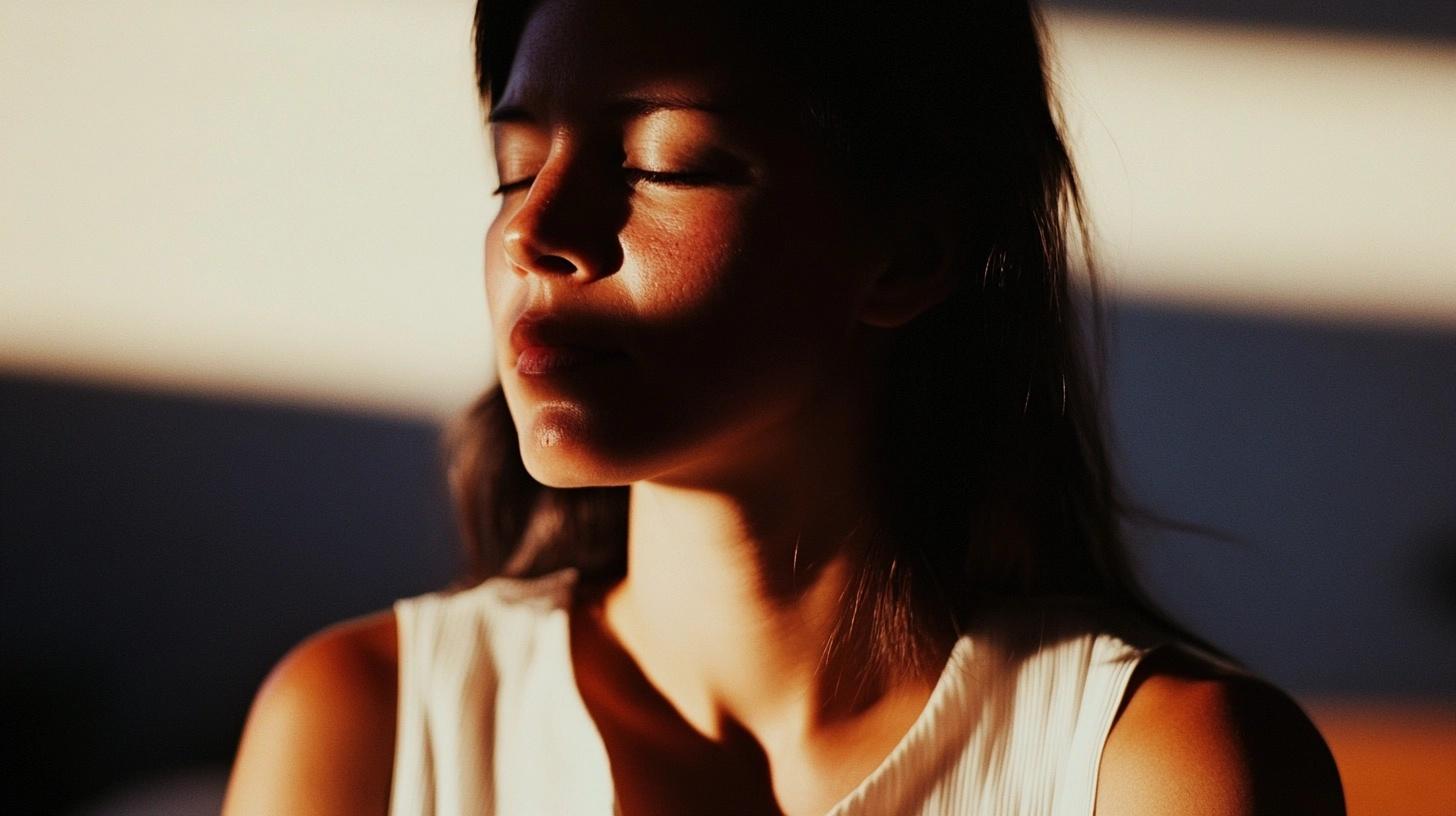
How to treat Delayed Sleep Phase Syndrome

8 home remedies for Restless Legs Syndrome
Restless Legs Syndrome (RLS) is a sleep disorder that causes an unpleasant sensation in the legs, creating an irresistible urge to move. RLS can disrupt rest and impact sleep.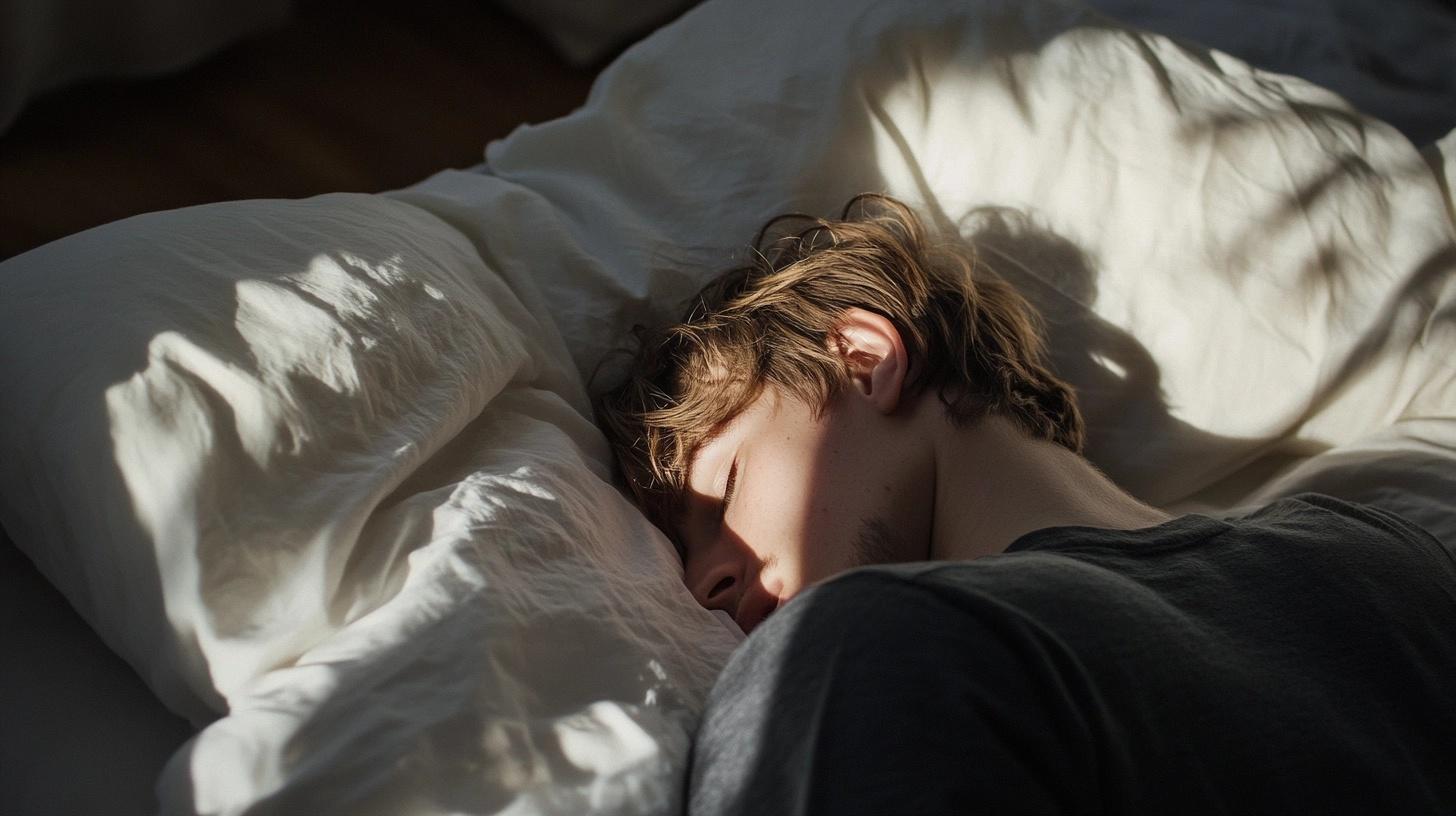
Falling asleep while driving? The risks of microsleep on the road and how to prevent them
Microsleep, or nodding off momentarily, while driving is a leading cause of car crashes every year. More so than driving under the influence of alcohol or drugs. But what exactly causes microsleeps and how to prevent episodes?
Fright at night: a guide to night terrors and how to stop them
Night terrors, or sleep terrors, are nocturnal episodes of screaming and extreme fear. Find out if night terrors are something we truly should be afraid of.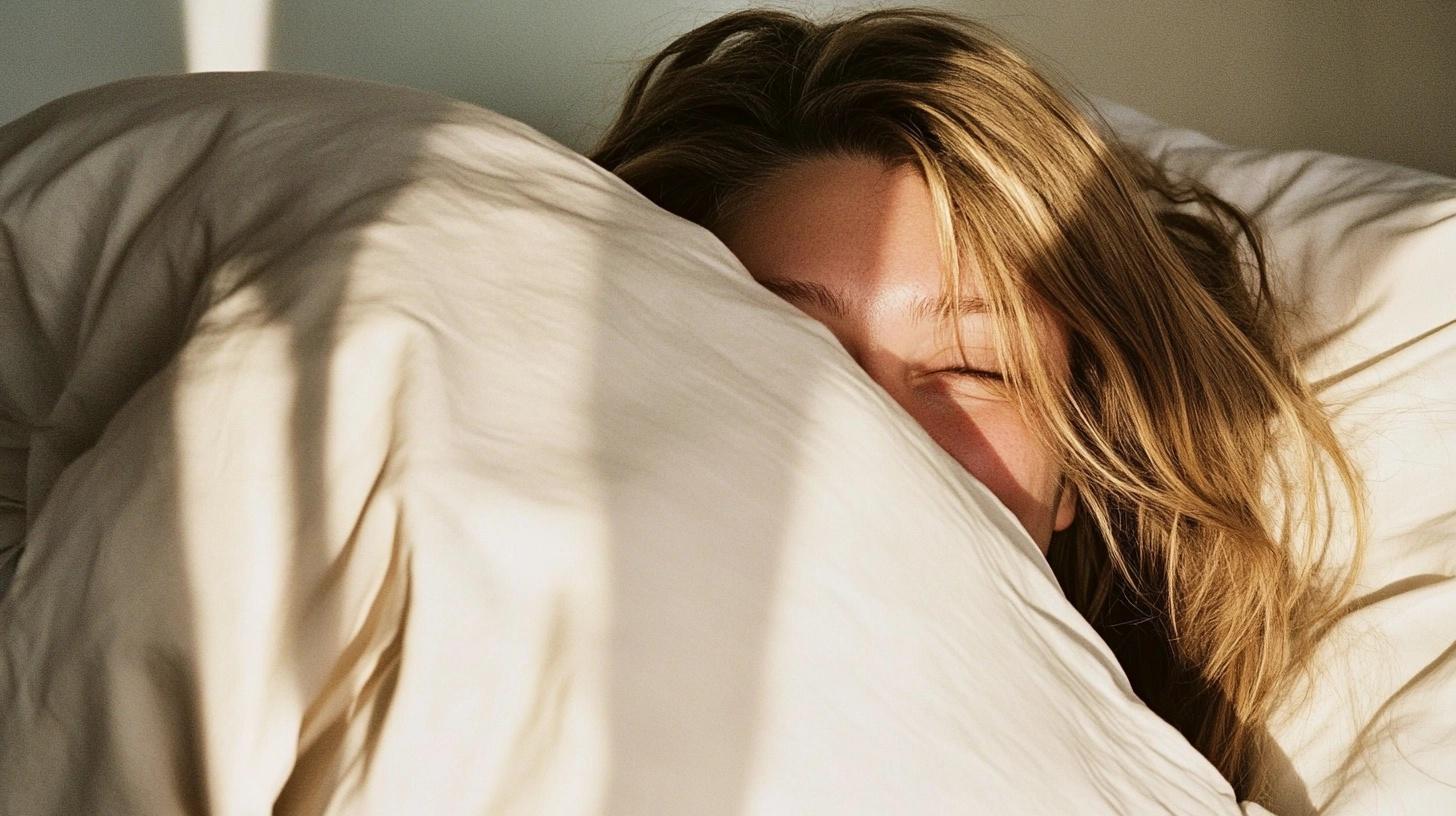
How to stop nightmares - A guide to scare them away
Although nightmares can be very unpleasant, they’re usually just part of life as long as they happen sporadically. No matter how much they trouble you, there are ways to make them less of a torment.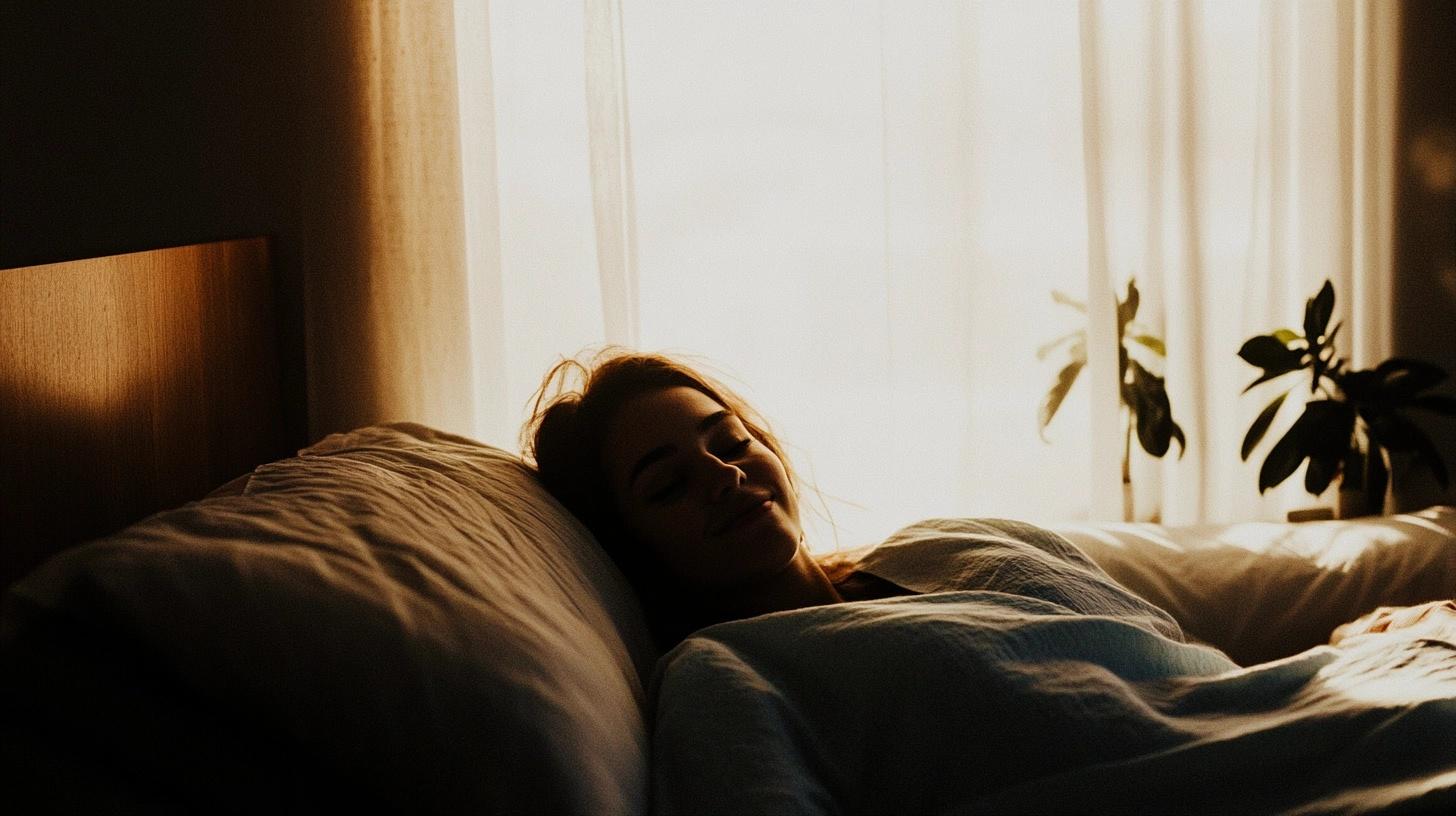
8 key things to know about Restless Legs Syndrome
8 facts about this sleep disorder that affects around 5% of the general population.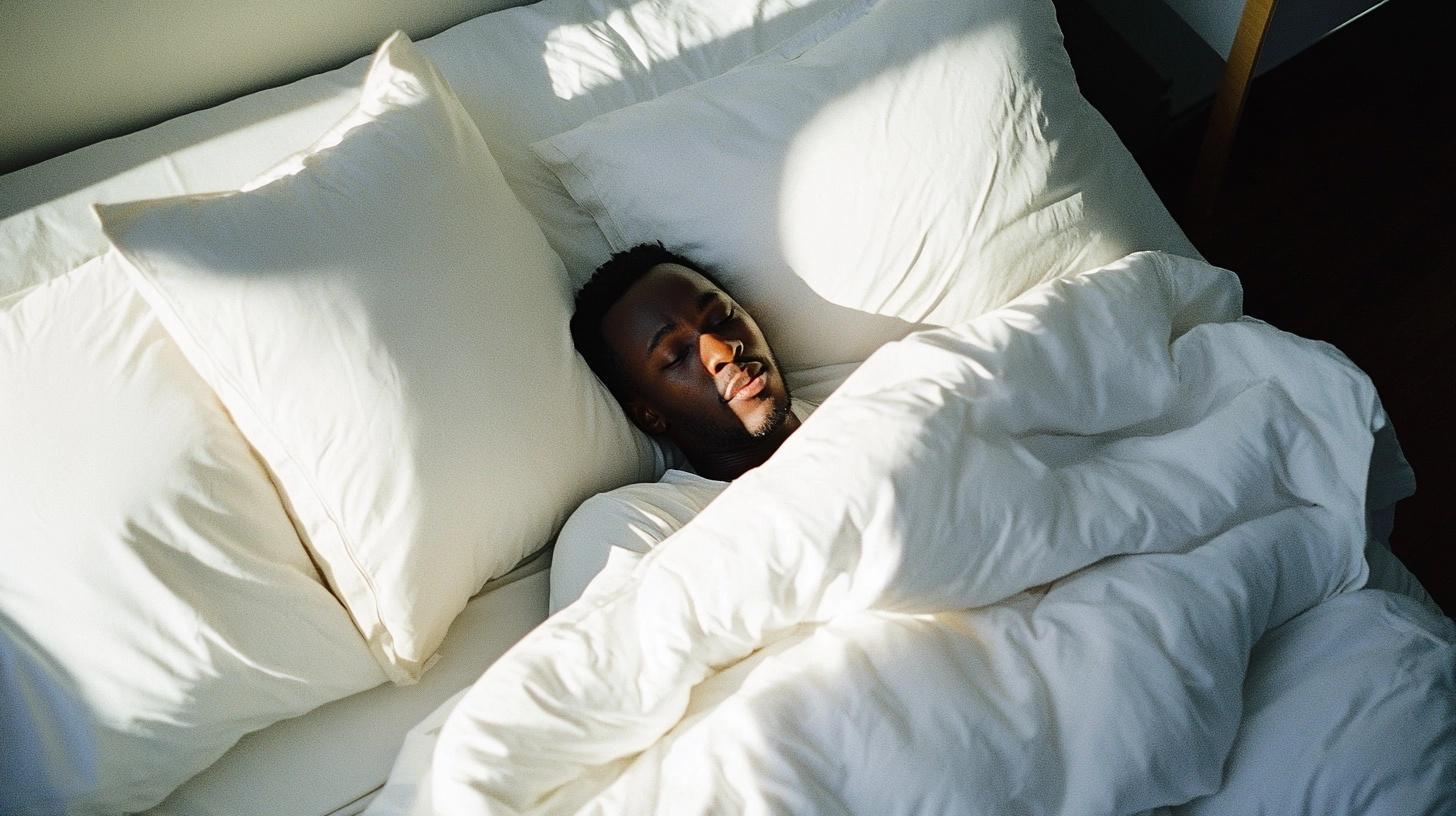
Sleep inertia: why you wake up feeling tired and what you can do about it
Waking up groggy can make it difficult to perform even simple tasks. But what causes sleep inertia, is it dangerous, and what can you do about it?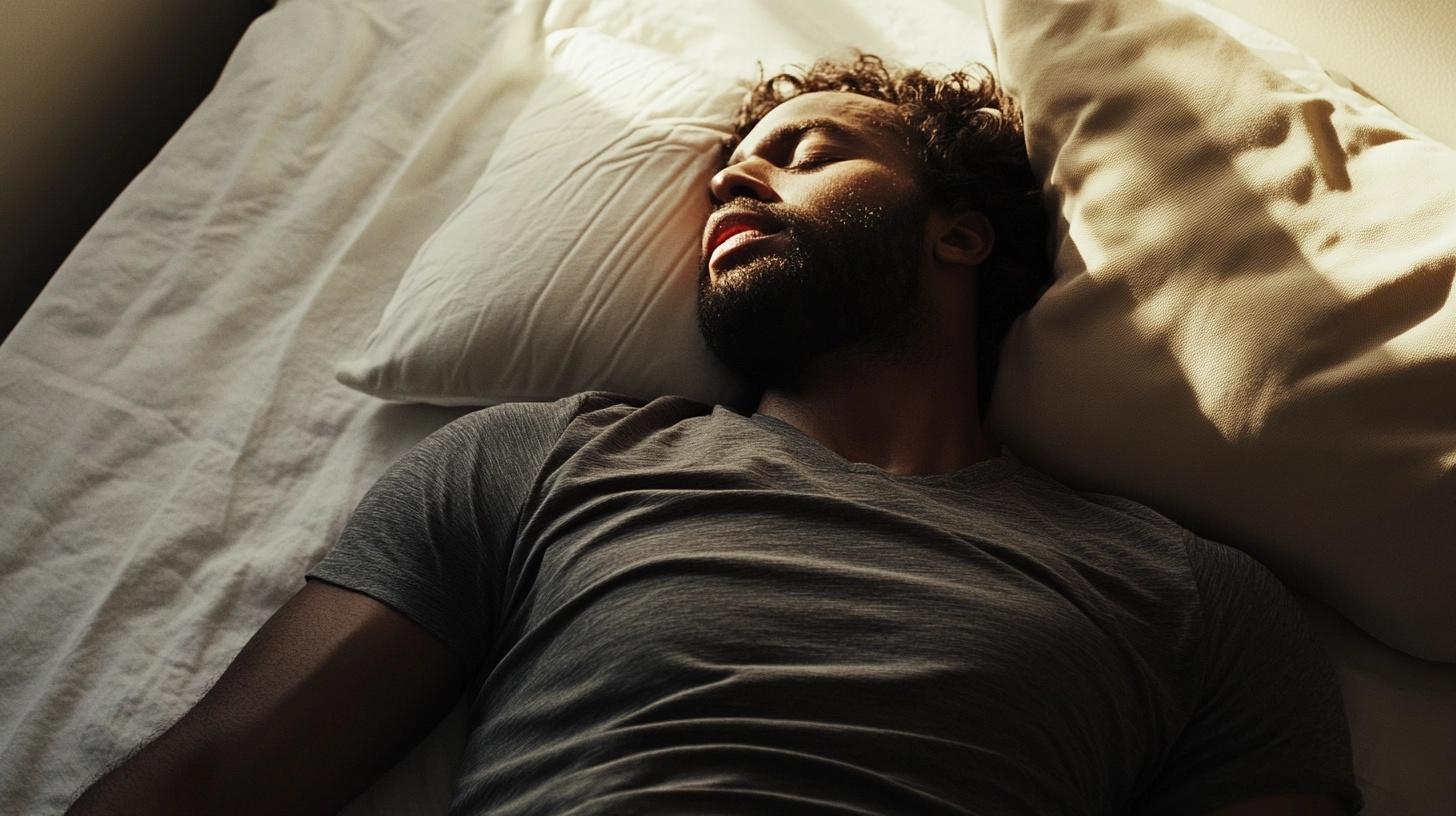
"Why do I sweat in my sleep?" - We answer your top night sweats questions
Waking up drenched in sweat? Dive into our night sweats FAQS – you just might find the perspiration revelation you’ve been looking for.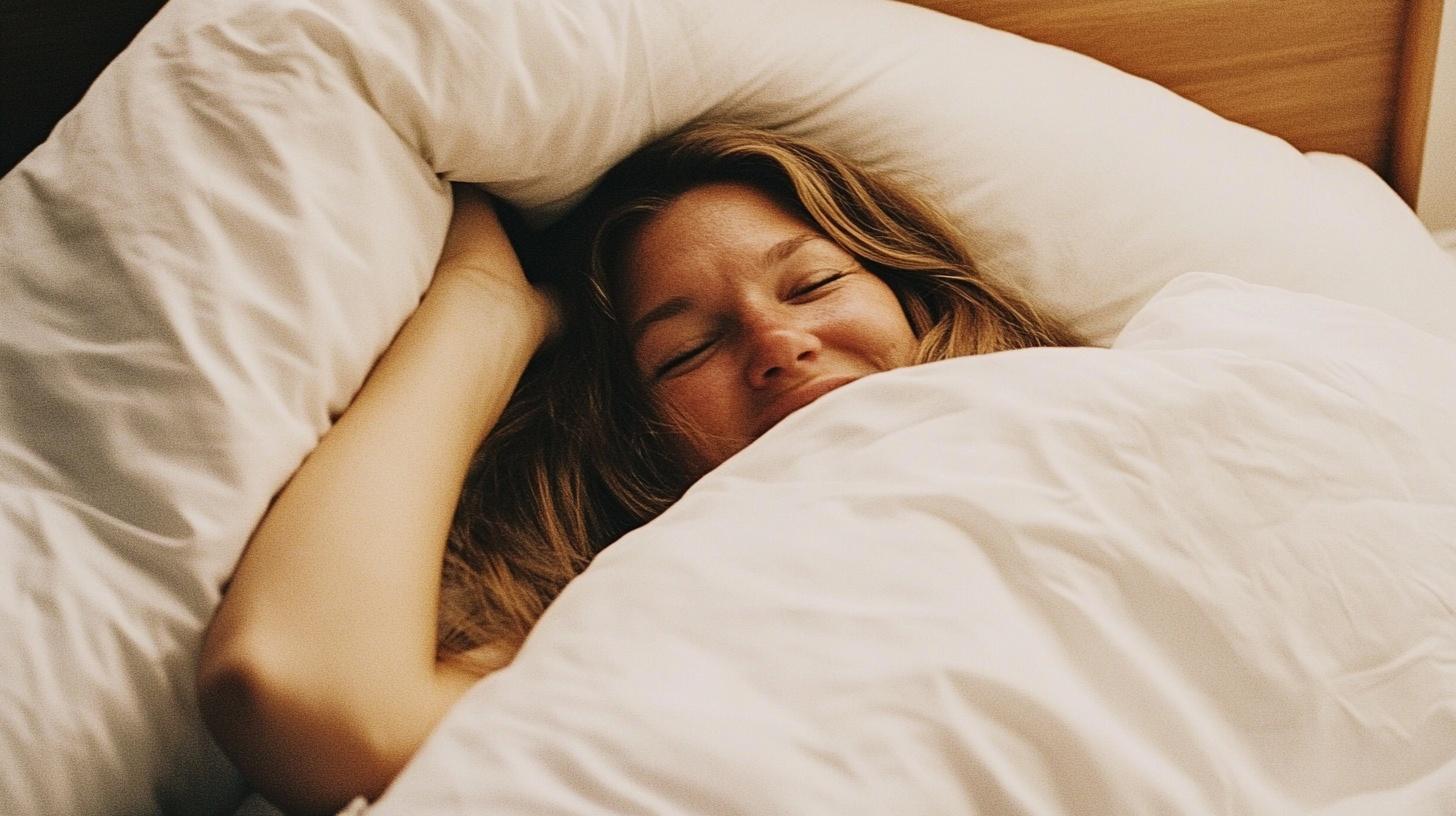
Understanding Sleep Talking and Why People Talk in Their Sleep
Why do people talk in their sleep, and is it something to be concerned about? Find answers to the most frequently asked sleep talking questions.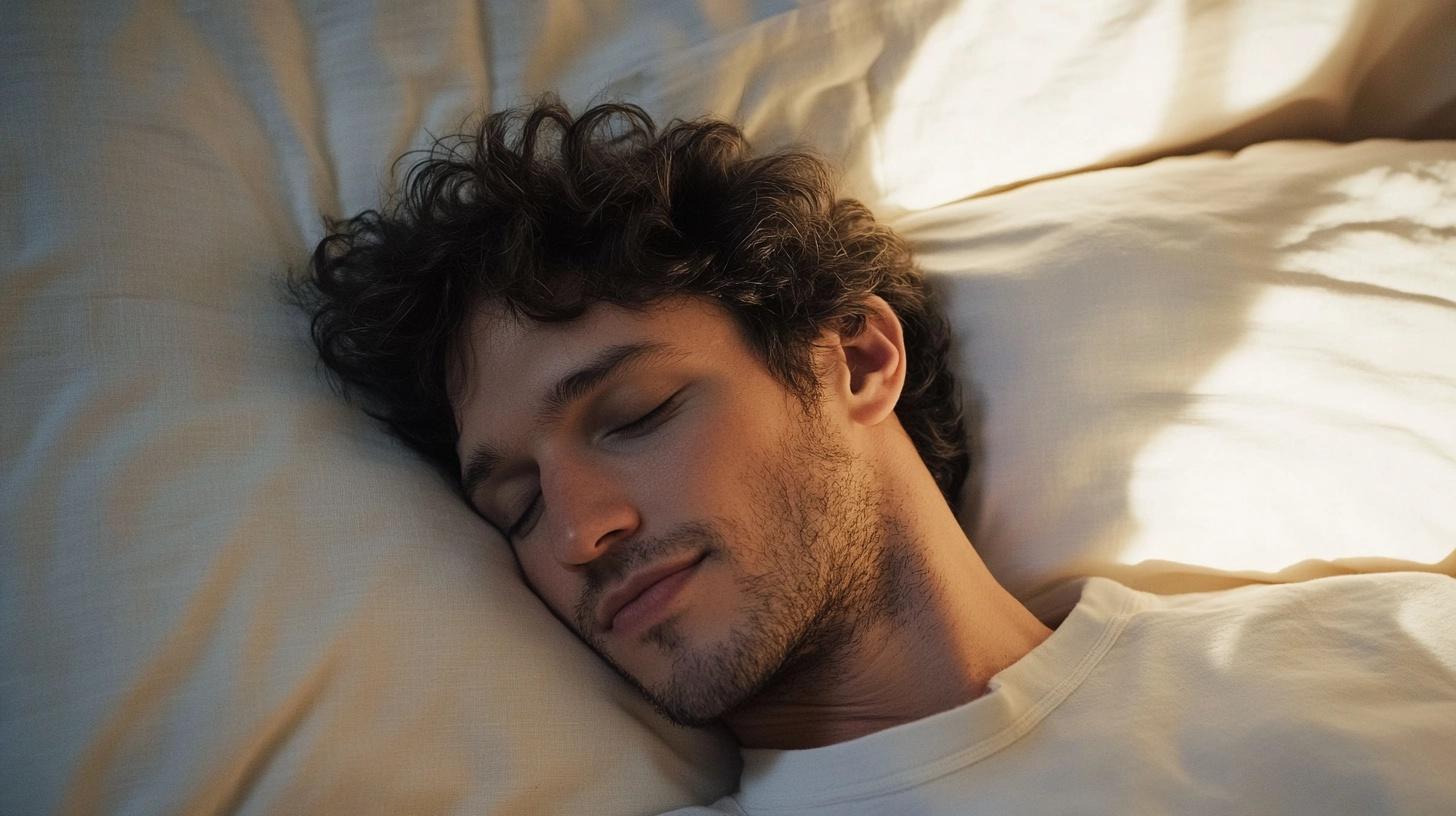
Optimal sleep positions for sleep apnea
Understanding those favorable and optimal sleep positions for sleep apnea can make a significant difference when settling down for a good night’s sleep!
Alzheimer's and sleep
Is Alzheimer’s disease actually a sleeping disorder? Research suggests that poor quality sleep may be the true culprit behind memory loss.
Take a walk on the sleepy side
What causes sleepwalking? Join us as we take a closer look at this most mysterious of nocturnal habits.
What is sleepwalking?
The symptoms, the cause, and the treatments.
The most common sleep disorders
Sleep disorders are very common: it is estimated that between 25-30% of people suffer from one. Here is a rundown of some of the most common types.
